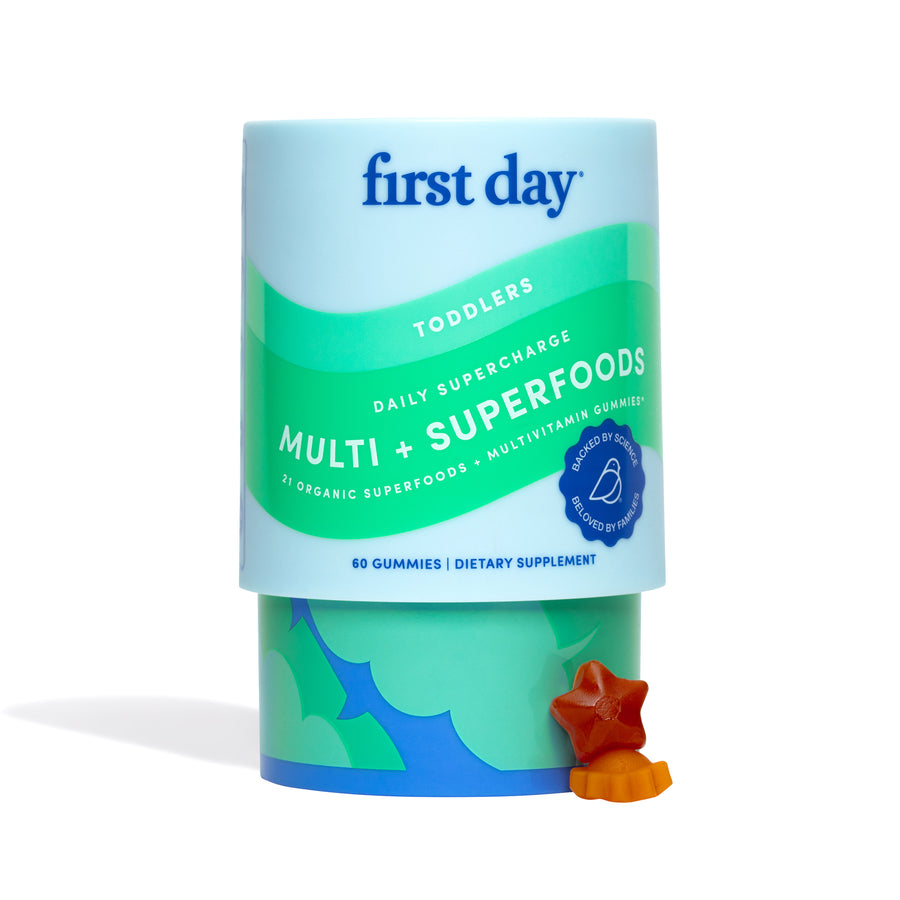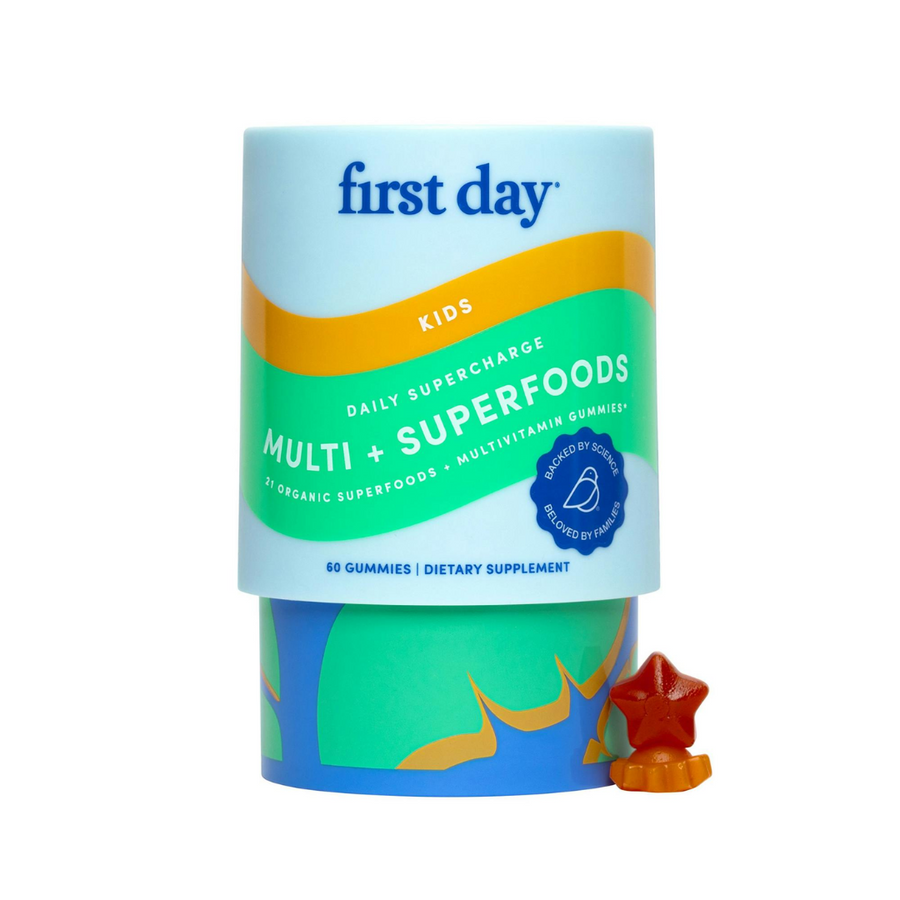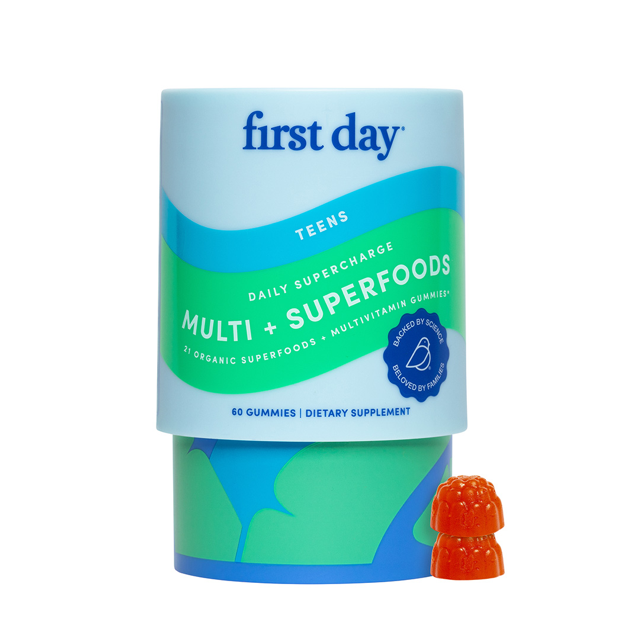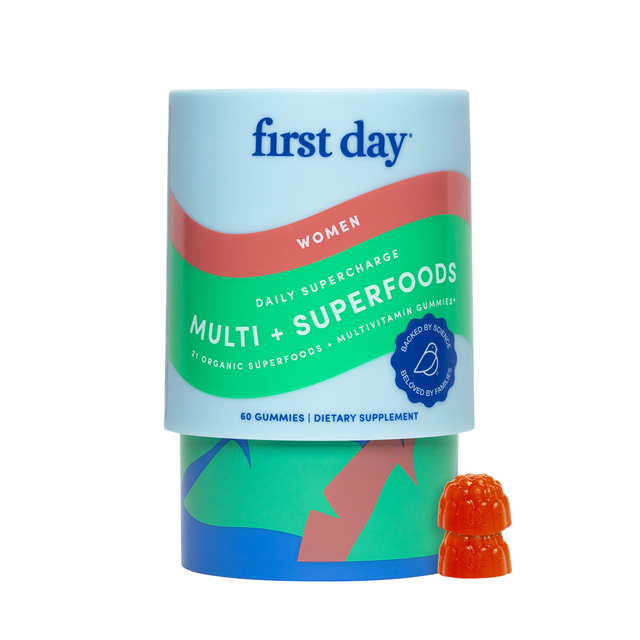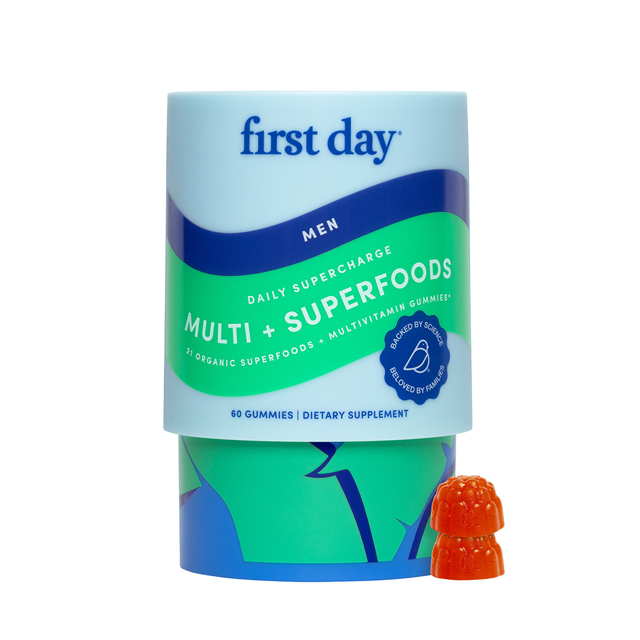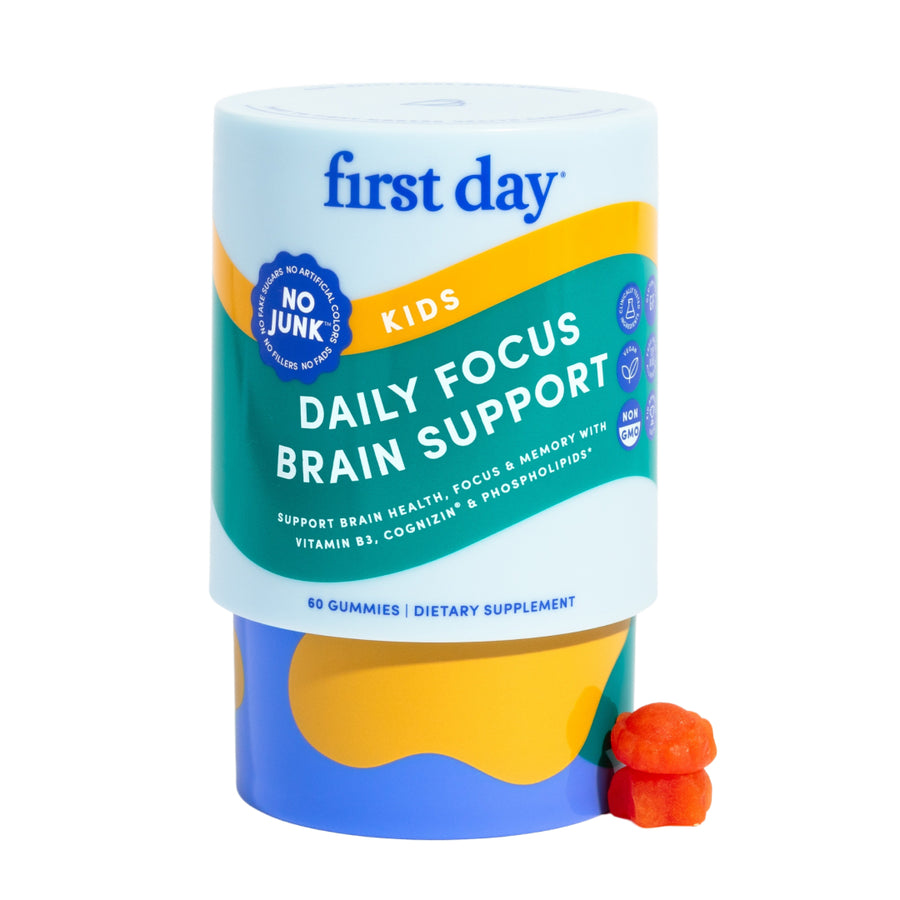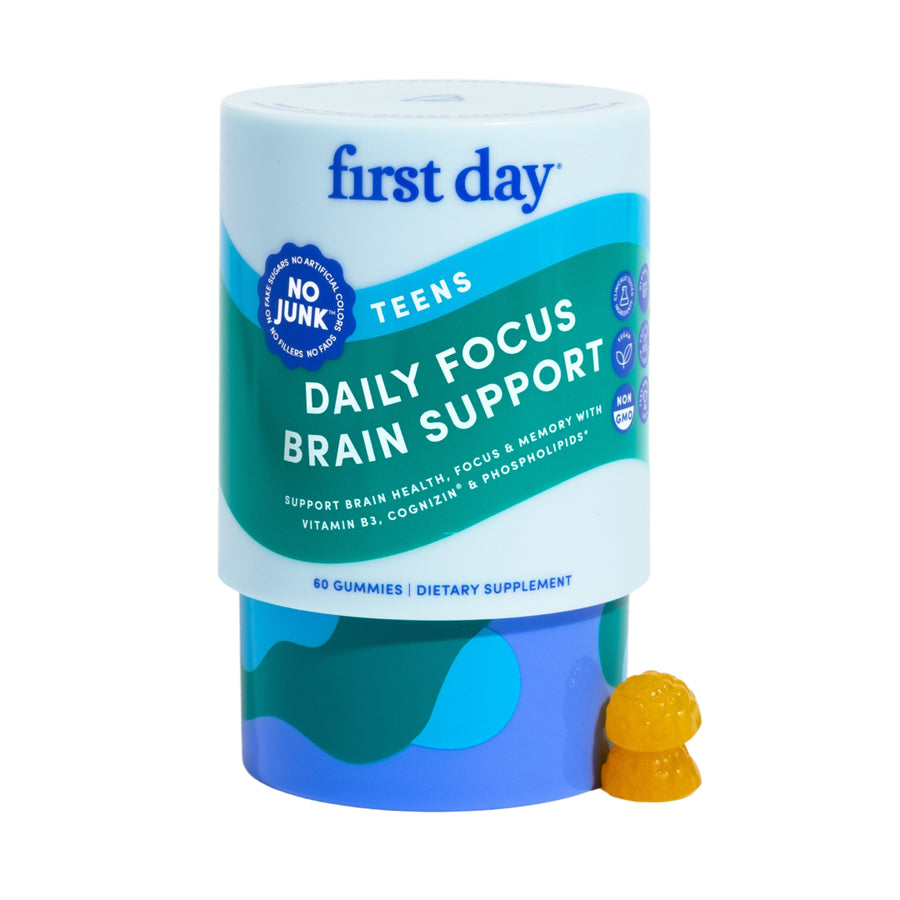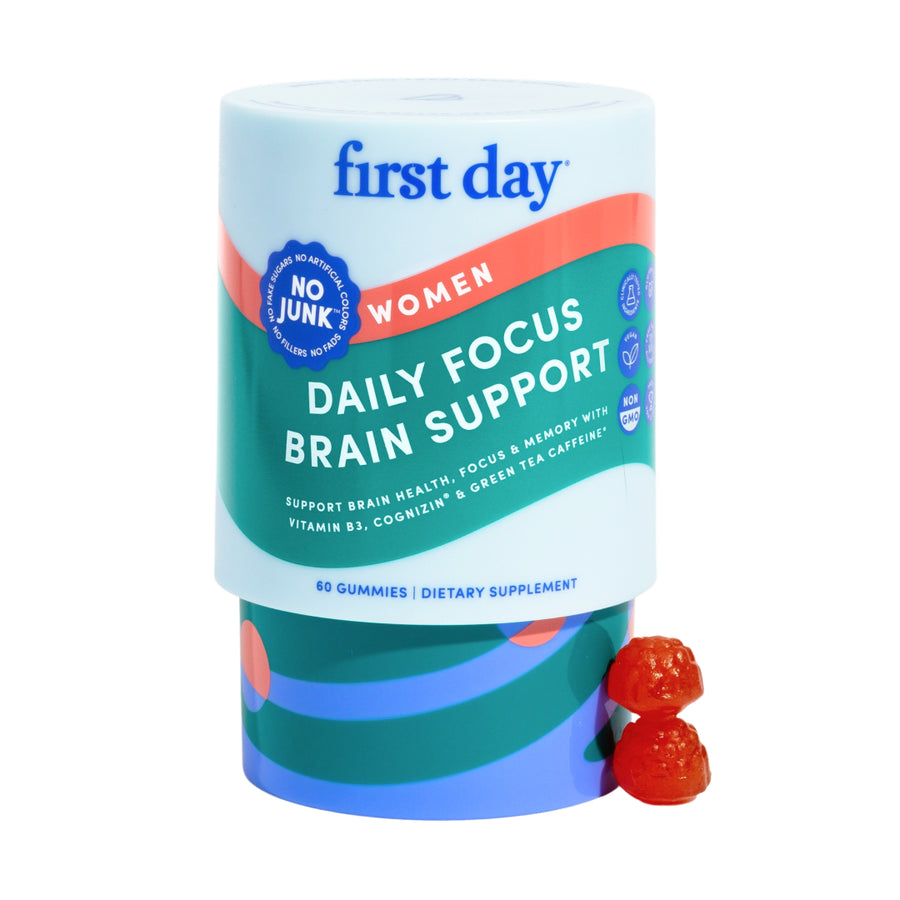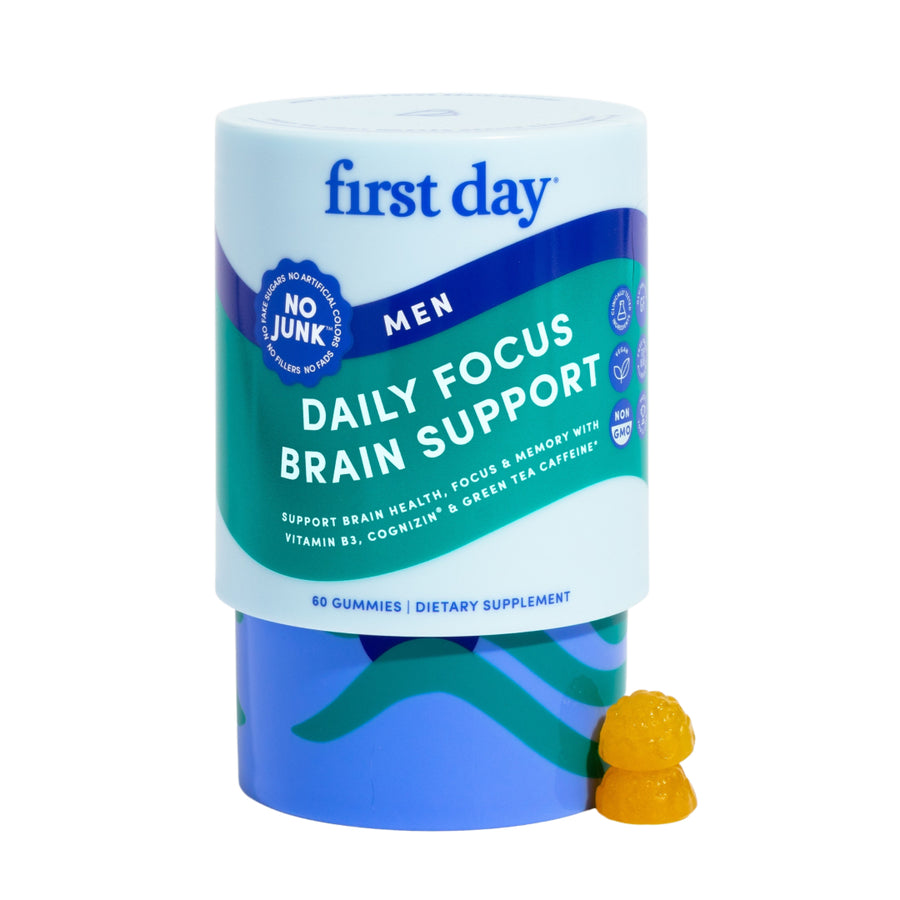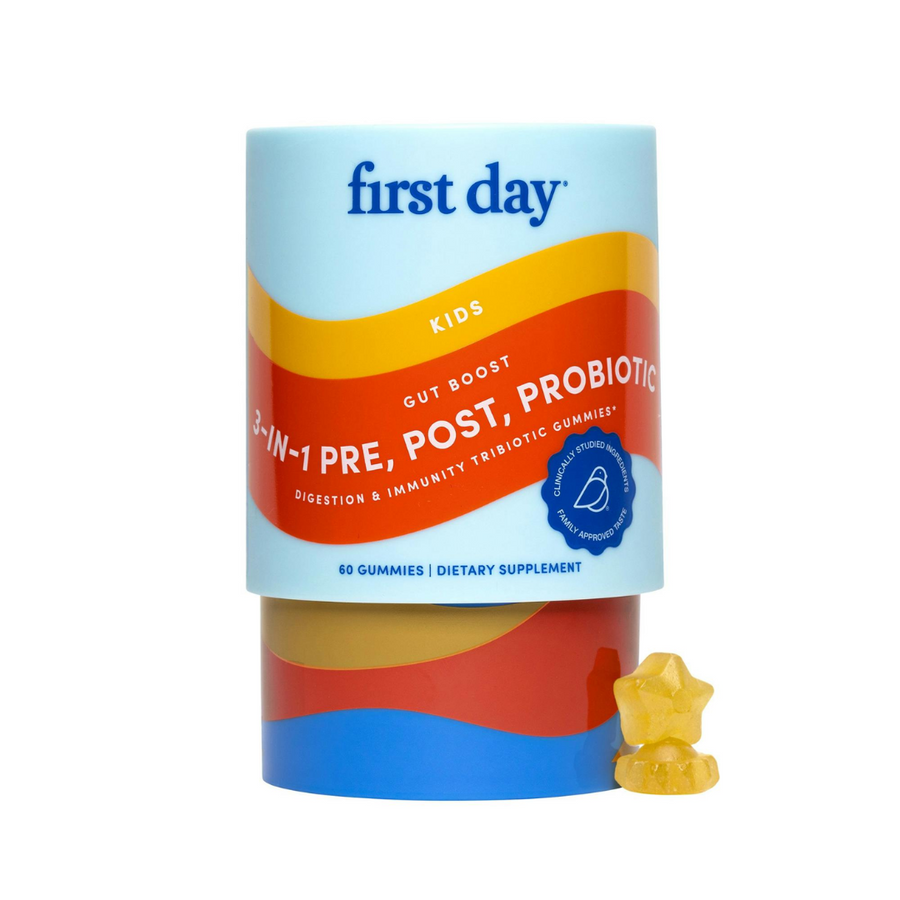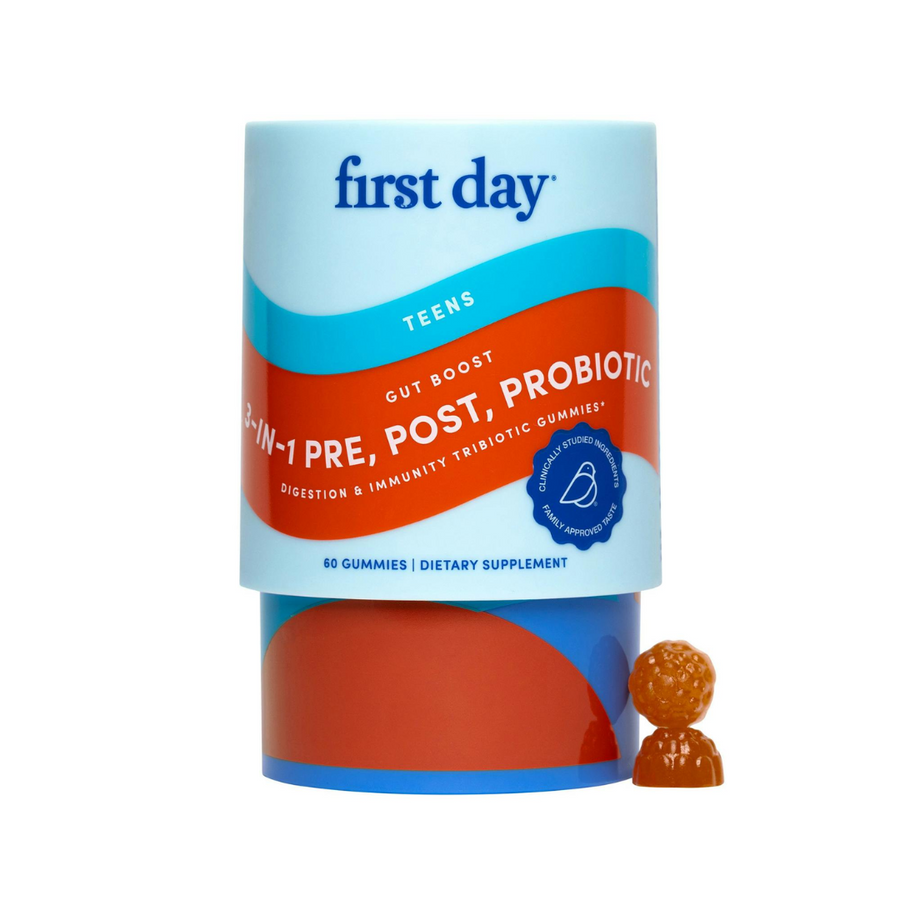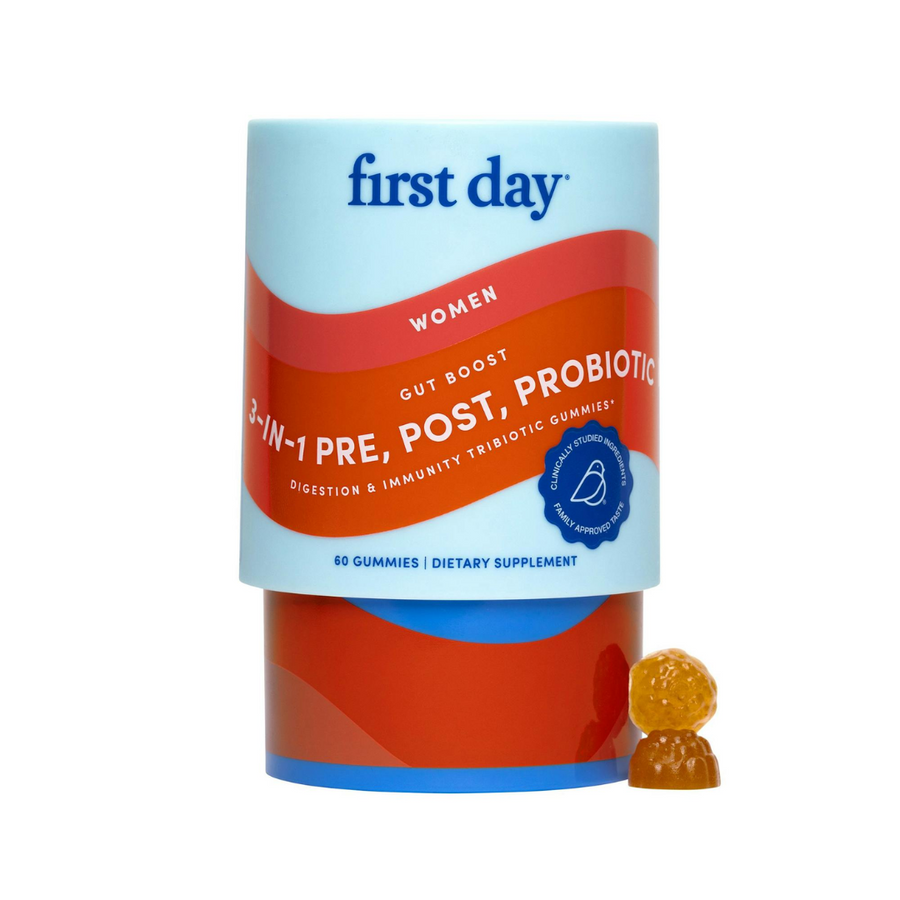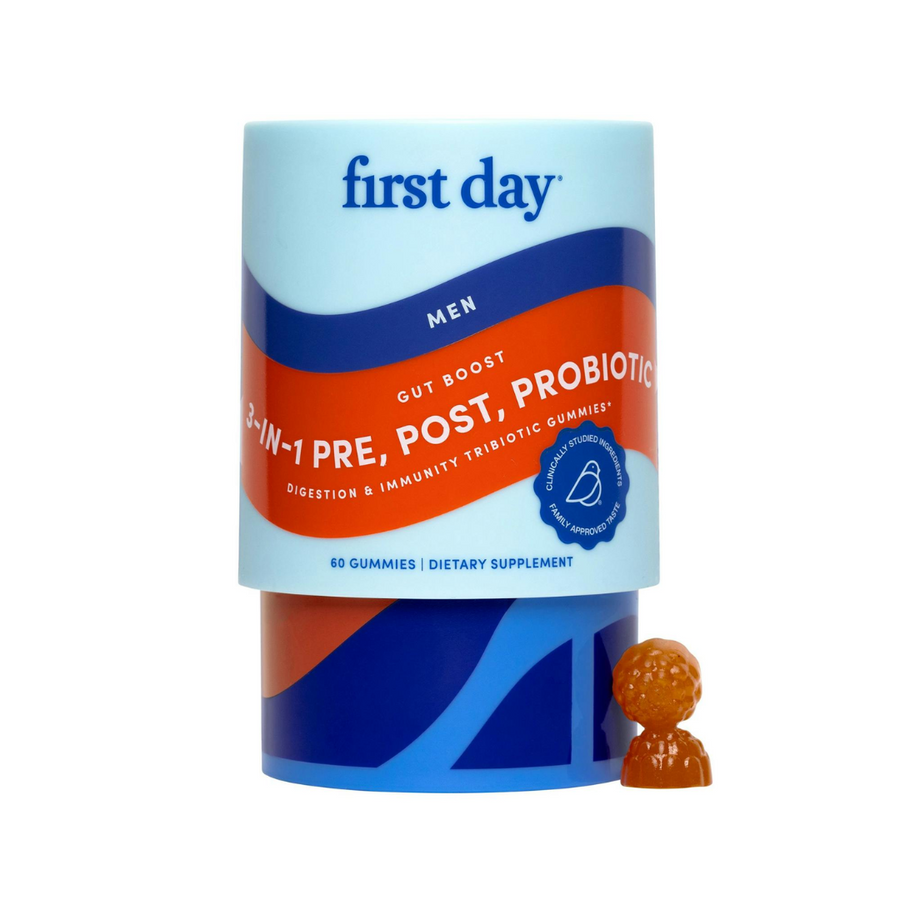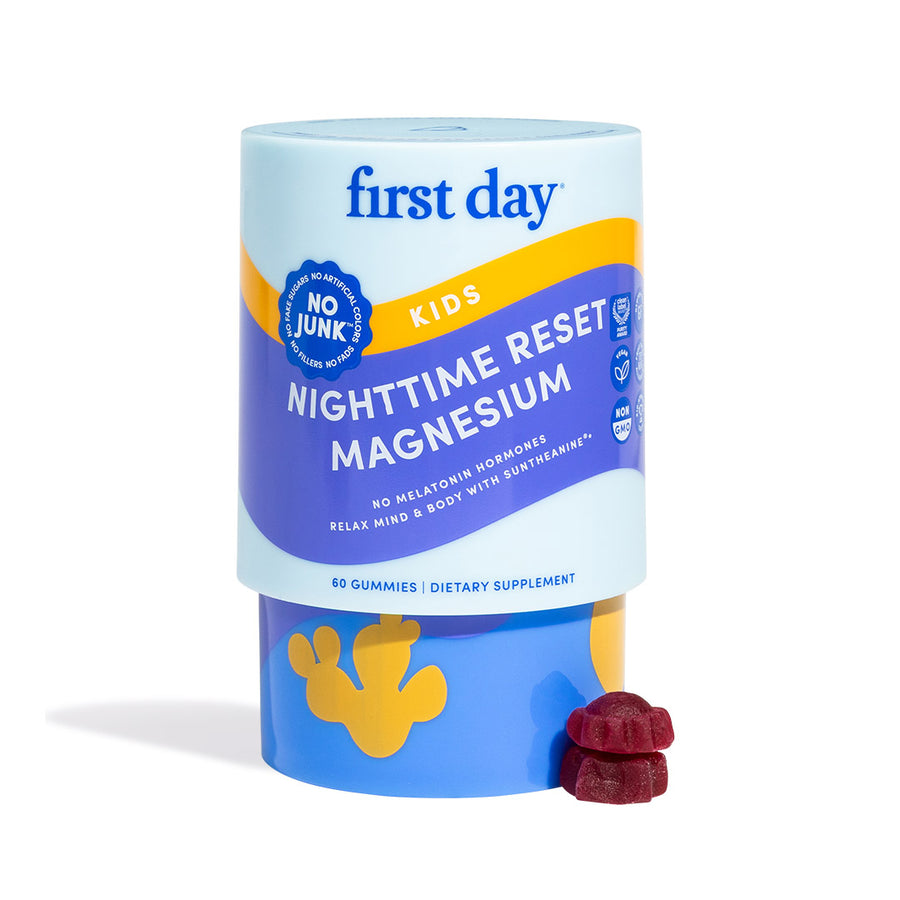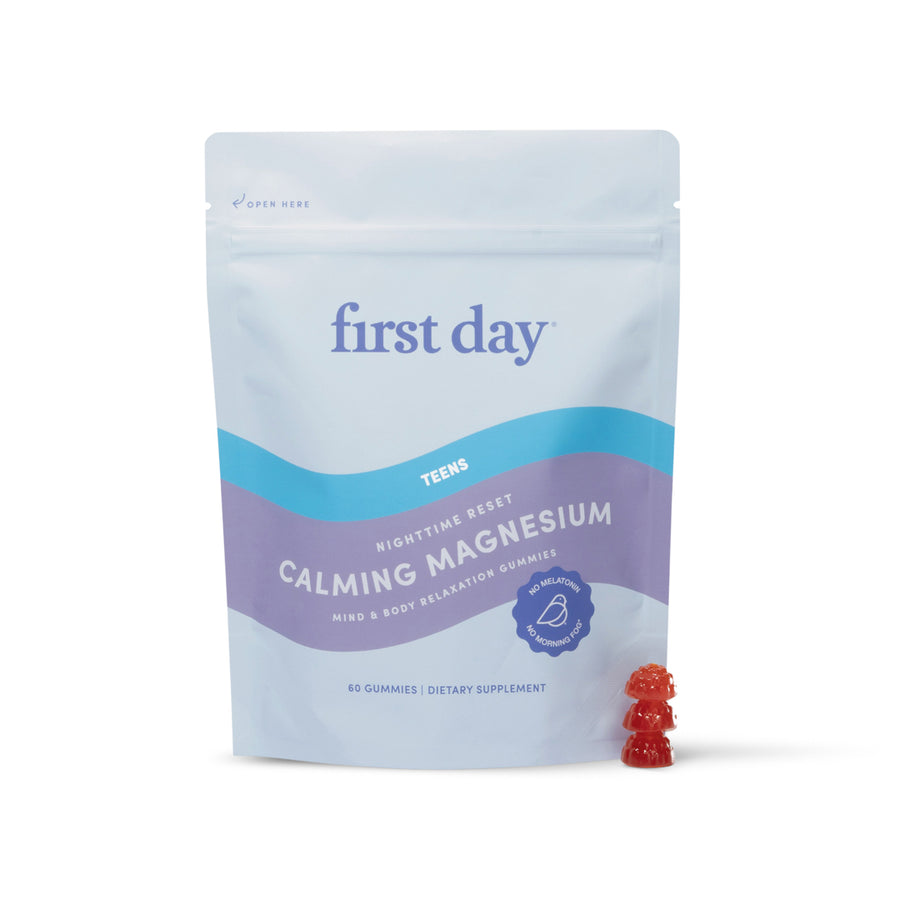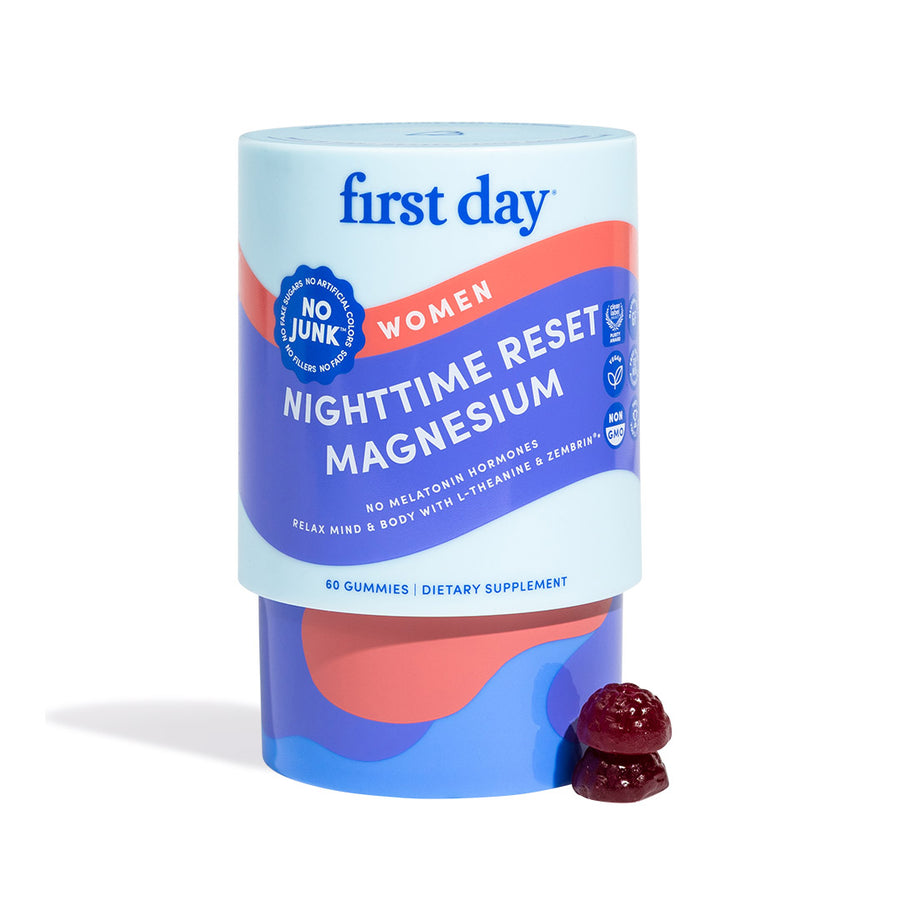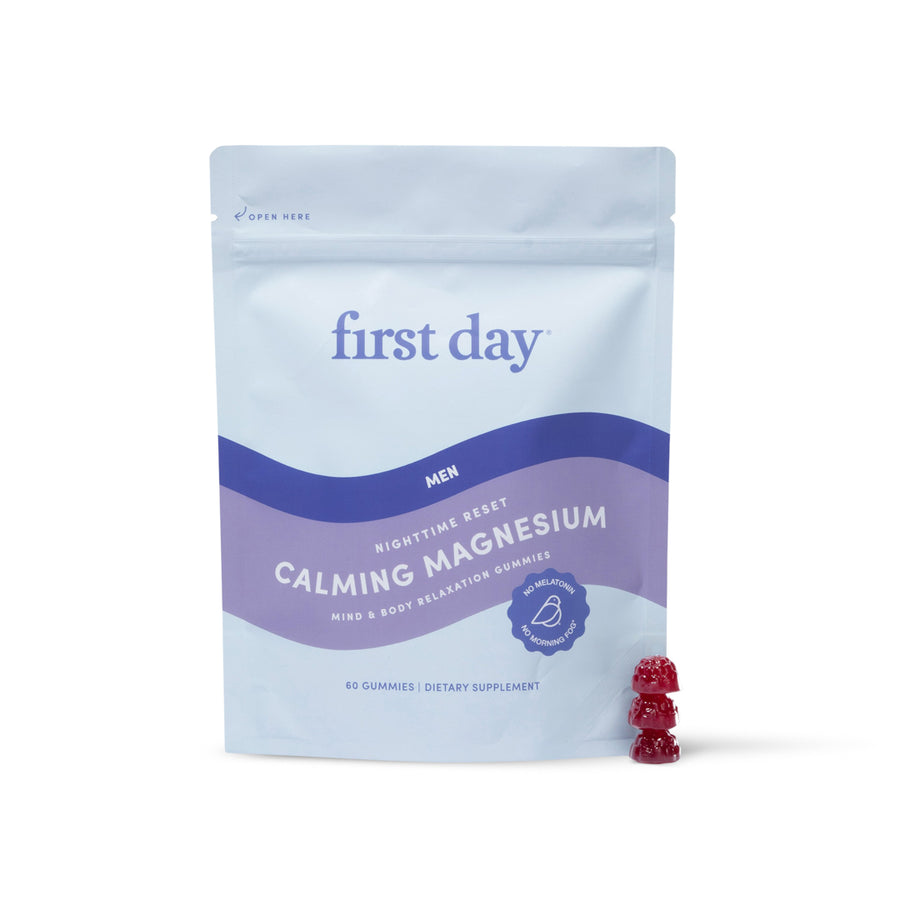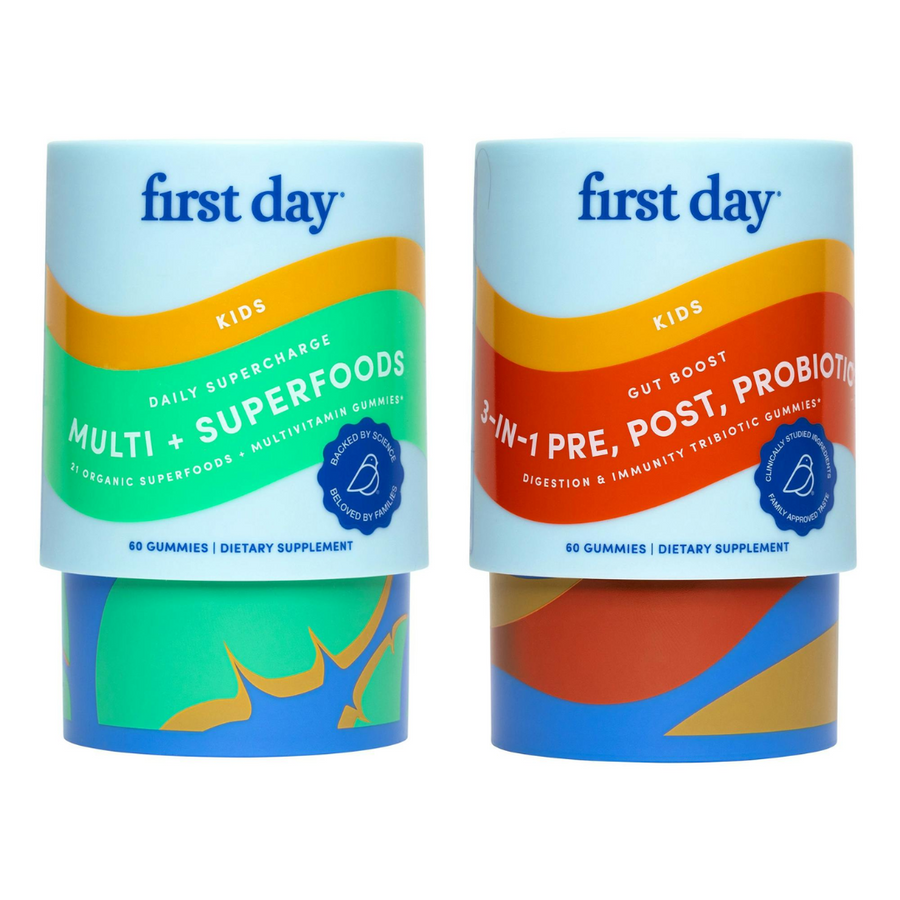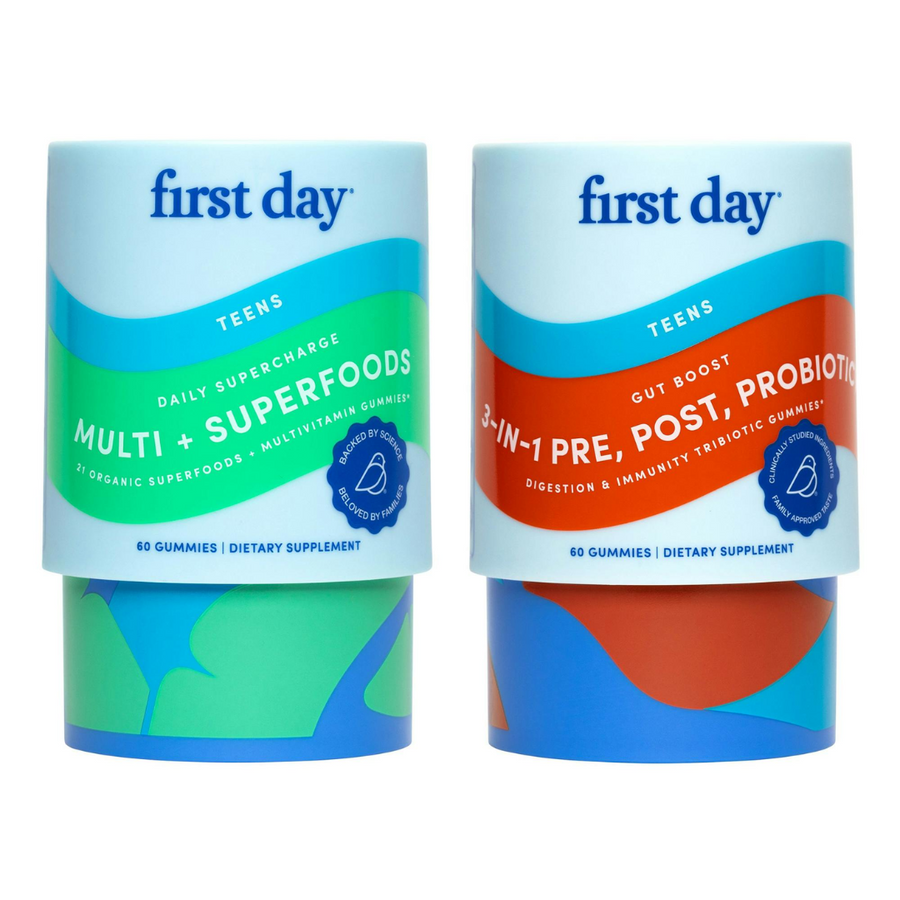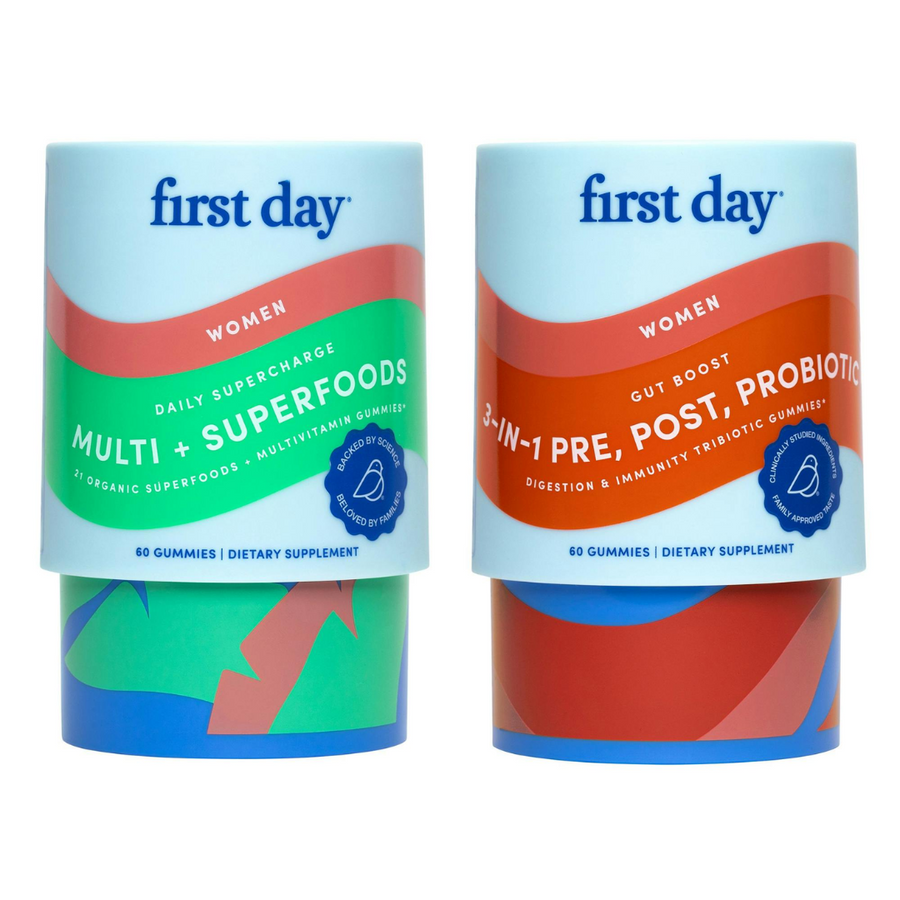As a parent, you want to ensure your teen is getting all the nutrients they need for healthy development and optimal growth. But with so many choices on the market for a teen multivitamin, it can be hard to know which type of supplement is best. Chewable multivitamins are a popular option for kids and teens, but do they work?
In this post, we'll look at the evidence for and against chewable multivitamins for teens. By the end of this post, you should have a better idea if chewable multivitamins are right for teenage boys or girls.

What Are Chewable Multivitamins?
Chewable multivitamins are dietary supplements designed to provide the essential minerals, vitamins, and other key nutrients to people to create optimal health for those that may not be getting enough of them from their diets. They come in tablets or capsules that can be chewed, and many versions are designed specifically for children and teen boys or young women.
They are made to be chewed rather than swallowed whole. This makes them easier to digest and allows the body to absorb the nutrients more quickly.
There is some debate about whether chewable multivitamins are more effective than other supplements. Still, most experts agree that they are at least as good as other options.
In general, it is a good idea for anyone who is not getting all the nutrients they need from their diet to take a multivitamin supplement. Chewable versions can be an excellent way to make sure kids and teens get their daily requirements of vital nutrients. But there are some associated risks as well that you should be aware of.

What Are The Benefits Of Chewable Multivitamins?
These supplements can be beneficial for several reasons, no matter what your age. Some benefits include:
-
They Are Easy To Take
According to Naheed Ali, MD, PhD, of HealthcarePropulsion.com, multivitamin gummies are meant to be a more appealing and convenient alternative to regular vitamins. The hope is that this will increase people's willingness to take them. Unlike other food multivitamins, a chewable vitamin supplement could be appealing to children and adolescents.
-
Provide Beneficial Nutrients
Chewable multivitamins can provide the same essential nutrients found in other types of supplements. These include Vitamin A, Vitamin C, Vitamin D, and Vitamin E and Folic Acid and B vitamins. Trace minerals such as Calcium, Zinc, and Iron are also included in many formulas.
-
May Boost Immunity
Many chewable multivitamin supplements contain ingredients that may help to boost your immune system, such as Vitamin C. This vitamin is essential for the immune system's proper function and can help protect against various illnesses and infections.
-
May Improve Overall Health
By ensuring that your body gets the minerals and vitamins daily it needs, chewable multivitamins can help to promote your health and well-being. Getting all of the nutrients your body needs is essential for optimal for bone health, eye health, skin health. physical and mental performance, as well as general vitality.
There are many benefits to chewable supplements, no matter your age. They are easy to take and can provide important nutrients crucial for maintaining good health.

What Are The Risks of Taking a Chewable Multivitamin?
Multivitamins are generally safe, but chewable ones have some downsides. These can include:
-
Binders In The Creation Process Are Not Suitable
The process of creating chewable vitamins often involves adding binders to the mix. These can include things like cellulose, which is derived from plant fiber. While this is generally considered safe, some people may have difficulty digesting it.
-
Risk Of Overeating
Chewable vitamins often have a higher sugar and flavor content than their non-chewable counterparts. This can increase the risk of overeating, leading to an imbalance of nutrients. “Eating too many gummy vitamins may cause diarrhea, vomiting, constipation, or headaches,” says Dr. Ali. Also a high potency multivitamin may have different amounts of nutrients than those listed on the label. It is essential to check the label before taking them.
-
May Not Be As Effective
Chewable vitamins may not be as effective as other forms of supplementation. This is because they are usually not absorbed as well by the body. Some of them contain added sugars, sugar alcohols, artificial flavors, or food colorings. These can add unwanted empty calories and may not be as effective as other forms of supplementation.
-
May Contain Allergens
Chewable vitamins may contain somewhat unfavorable constituents, such as gluten or soy. If you have an allergy to these substances, it is important to check the ingredients and go for gluten free vitamin supplements.
Overall, chewable multivitamins are safe for most people. However, there are some risks to be aware of. If you have any concerns, talk to your doctor before starting a teen multivitamin supplement regimen.

Chewable Multivitamins vs Gummy Multivitamin for Teens
Chewable multivitamins are designed to help meet the nutritional needs of children and teens. Many adults also use chewable vitamins, as they can be easier to consume than traditional pills. However, some people find that chewable has a chalky texture and an unpleasant aftertaste due to artificial ingredients many use.
In contrast, gummy vitamins are popular alternatives to the chewable versions. These vitamins are typically made with gelatin and other flavorful ingredients, making them more enjoyable to eat.
Ultimately, the choice between chewable multivitamins and gummies depends on individual preferences and health goals.
Take Dietary Supplements Based On RDA Guidelines
The recommended dietary allowance (RDA) for vitamins and minerals is the amount needed to maintain good health in most people.
The RDA for each vitamin or mineral is different and is based on factors such as age, gender, and pregnancy status. For example, pregnant women need higher levels of certain nutrients, such as folic acid, than women who are not pregnant.
Most people should be able to get all the nutrients they need by eating a balanced diet that includes a variety of foods from all food groups. However, some people may need to take vitamin and mineral supplements.
For example, people who have trouble absorbing nutrients from food (such as people with celiac disease or other digestive disorders) may also need to take supplements.

Consider Getting Your Teen Multivitamins
We can only do so much as parents by providing naturally rich nutritionally dense foods to help support those growth spurts many teenagers experience. You might need to consider getting a multivitamin for teens if you teen has one of these five challenges:
-
Your Teen Is Picky Eater
Some teens eating habits are just as picky as when they were a baby. We can hope that if we provide healthy foods they will get enough of the nutrients from food alone. If your teenager is a picky eater, a food multivitamin may help fill in the gaps in their diet.
-
Your Teen Is a Vegetarian or Vegan
If your child follows a vegetarian or vegan diet in a strict manner, they may not get enough of certain nutrients, such as Iron, Zinc, and the B Vitamins like Folic Acid, Vitamin B6, Vitamin b12, and more. A multivitamin-mineral supplement can help to ensure that your kid gets enough of these essential nutrients.
-
Your Teen Has Food Allergies
If your teenager has food allergies or sensitivities, they may not be able to eat certain foods that contain important vitamins and minerals. A supplement can help to fill in any nutritional gaps caused by food allergies or sensitivities.
-
You Teen Is Very Active
Very active kids may need more nutrients than kids who aren't as busy, especially if they eat many processed foods and don't get enough fruits and vegetables regularly. A multivitamin can help to ensure that your kid's body is getting the nutrients it needs to support their high level of activity.
-
Teen Has Special Health Needs
Some medical conditions (such as celiac disease, inflammatory bowel disease, or cystic fibrosis) can make it difficult for kids to absorb nutrients from their food. In these cases, a multivitamin can help ensure that your child is still getting the nutrients he or she needs to stay healthy and strong.

How To Choose The Best Multivitamins For Teens
When choosing the best multivitamin for teens, there are some things you need to keep in mind, as outlined below:
-
Decide On A Brand
There are many popular brands of offering a dietary supplement on the market today, so it can be hard to know where to start looking. Do some research online and choose a few different brands with good reputations before deciding which one is right for you or your teen.
-
Consider The Ingredients
When looking at a teen multivitamin take a close look at the list of ingredients in each one. Some brands will have more or less specific vitamins and minerals than others, so it's essential to find one that contains the right balance for your needs.
-
Determine The Dosage
Most multivitamins come in tablet form, but liquid and chewable options are also available. Choosing a dosage appropriate for your age and weight is essential, as taking too many specific vitamins can be harmful.
-
Consider Your Budget
Multivitamins can vary widely in price, so choosing an affordable one for you or your family is essential. Many high-quality multivitamins are available at reasonable prices, so don't be afraid to shop around until you find the right option.
-
Ask Your Doctor
If you're unsure about which multivitamin is right for you or your teen, be sure to ask your doctor or healthcare provider for advice. They can guide which brand and formulation best suits your individual needs.

What's The Best Option To Choose?
First Day Teen's Daily Multivitamin is a unique multivitamin supplement that focuses on the bioavailability of its ingredients and avoiding over-supplementation. Unlike other chewable multivitamins, it does not include calcium or iron, better acquired through your diet.
Our supplements are made from superior compounds that provide optimal support for growing bodies and minds. It can help your kid get the nutrients they need to stay healthy and focused throughout the day.
Also, as a parent, you can trust First Day Teen's Daily Kickstart to be safe and effective for your child. So why wait? Try it today and give your teenager the edge they need to succeed.
FAQs
-
Are Multivitamins Good For Skin Health?
There is no definitive answer to this question, as the effects of multivitamins on the skin may vary from person to person. Some research suggests that taking a daily multivitamin is beneficial for maintaining healthy skin by protecting it from environmental factors and boosting collagen production in teen girls.
-
Do Teenagers Need Multivitamins?
The needs of teenagers when it comes to vitamins and minerals may vary depending on various factors, such as their diet, lifestyle habits, and overall health status. Generally speaking, teenagers may benefit from taking a daily multivitamin to ensure they get all the essential vitamins and minerals needed for proper growth and development.
However, it is always best to consult with a healthcare professional before starting any vitamin supplements, especially if you have any underlying medical conditions or concerns about your diet.
-
What Are The Benefits Of Multivitamins For Teenagers?
There are many potential benefits of multivitamins for teenage girls and boys, including improved brain health, enhanced cognitive performance, improved urinary tract health, enhanced mood and energy levels, and reduced risk of certain chronic diseases.
In addition to these general benefits, there may also be specific benefits related to the particular needs of teenagers as they undergo significant physical and mental changes during adolescence. These can include reduced stress levels, improved bone and joint health, and balanced hormone levels.
Dr. Naheed Ali, MD, PhD

Naheed Ali, MD, PhD, is a physician by education and a writer by choice since 2005. He earned an MD degree in 2008 and later completed Harvard Medical School's lifestyle medicine training in 2012, before obtaining a PhD in holistic health elsewhere in 2013. He brings more than 15 years of experience working in a remote environment and has more than 15 years of health-related publications to his credit.
For years, he taught at colleges in the US where he lectured on various biomedical topics and delivered over 2000 hours of live presentations. He is also the author of numerous health titles from major New York publishers and his books have sold more than 20,000 hardcover copies worldwide. Now a digital nomad, he’s currently a health and wellness writer for hire. His online home is HealthcarePropulsion.com.

